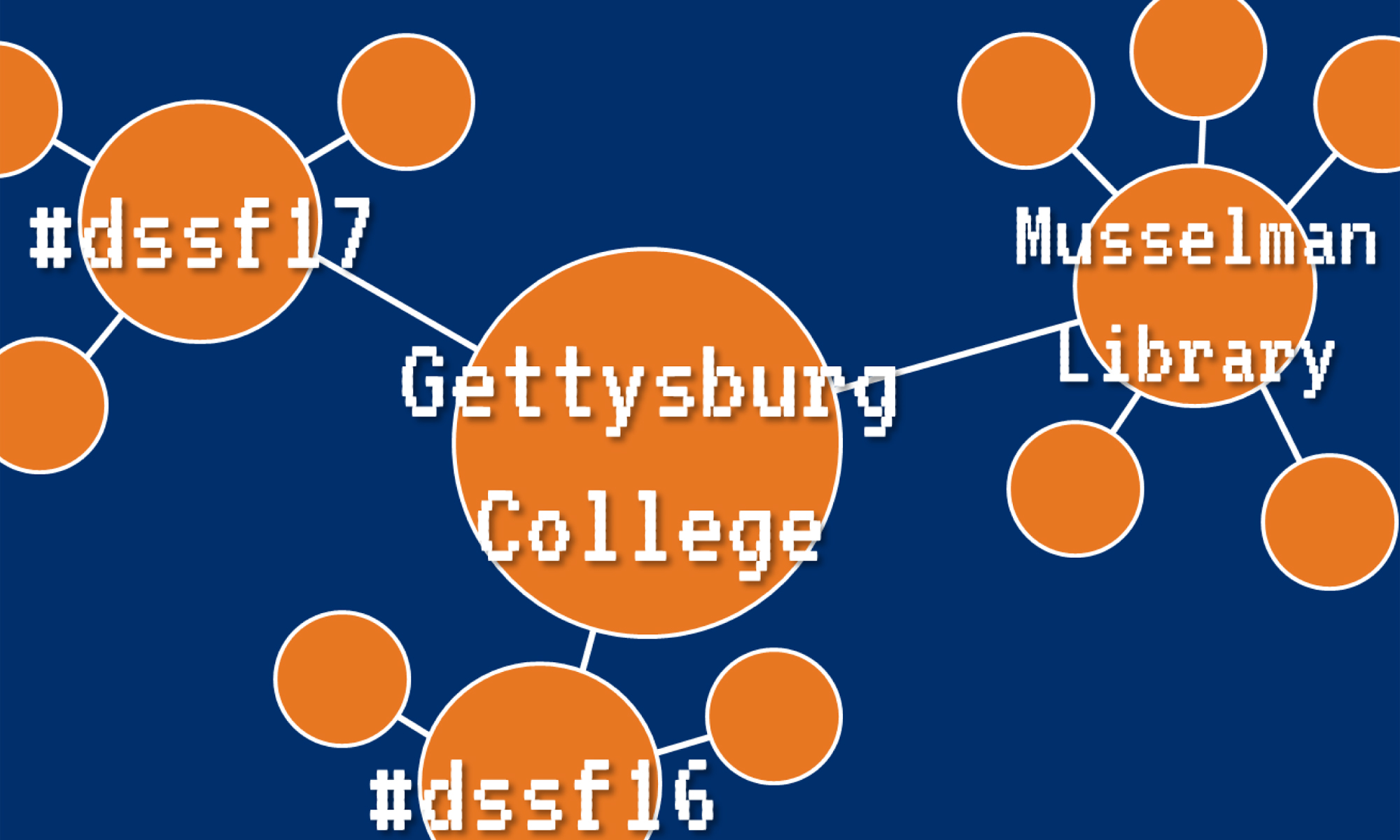That’s not true / That’s a rotten thing to say / That’s a damnable lie
This week’s uplifting reading was about the liberal arts college political history of DH and how colleges have sold their soul to the neoliberal devil. As the friendly neighborhood fiery liberal (but not radical… this is best saved for a different blog post), I’m bitter and salty. Neoliberal economics is a dirty term, and I kind of advocate for more of a international relations approach of “Keynes at home, Smith abroad.” It ignores the important role government plays in regulation and making utilities safe and cheap for all to use.
Also, I’ll fight Ronald Reagan and Margaret Thatcher and their stupid political bromance while angrily playing the Sex Pistols.
Okay, back to DH and college.
I’ve had limited exposure to other DH programs and admittedly, I see the author’s point that it’s being much more about teaching people how to use tools and just throwing them out into the world to see what they can do. This probably is a product of a school’s lack of understanding of what DH is, school priorities, and also that undergrad research isn’t taken seriously.
Colleges are a gigantic mess of bureaucracy that is currently at a crossroads. They’re trying to all facilitate the same allegedly desirable qualities of leadership and skills and trying to meet requirements, and not trying to stimulate their desire to learn, and that’s mainly market driven by how people keep saying there’s no money in the humanities and arts. As pointed out by Deresciewicz, most students are now going into vocational majors and not the stuff traditionally appreciated by most students. They’re not arguing and discussing to try and leave a mark on the field of their dreams, and instead just trying to get into something with more money so maybe one day they can get what they were promised, and they’re not being taught to do it either.
DH is a victim of that lack of arguing, shoving it to the bottom of the food chain of priorities. I think colleges are trying to get you a nice LinkedIn page with plenty of skills to endorse, and make students think they’re going to be leaders and top of the food chain so they can get more money. It gives you the tools, shows you what they’re used for, doesn’t give you ideas on how to use them or pique your interest in a way to figure out how to use them best, and then says “have a nice life! Go do something and make money so you can pay us back and also donate to our alumni campaigns!” They don’t care about the impact. They care about the money. Putting money into a niche field to do niche research doesn’t show immediate benefits and they have too many money-making problems to try and make more money to worry about instead of, you know, giving students money. And besides, it’s not like it isn’t taken seriously by the academic world anyway.
Finally, undergrads are only viewed as soulless, potential candidates to give a school hundreds of thousands of dollars that will be shouldered for years to come. They come in exhausted after a 12 year sprint through high school, and come in hopeful to engage their curiosity more until they get smacked with collegiate realities. A student has the right to ask to do research, but then there’s the question of funding for it and also time with the rest of classes. I remember a point being mentioned that no students were biting on helping with a project because they “wanted money or something.” This is a reflection of a societal mentality of millennials are spoiled and like money to you know, live, eat, and maybe enjoy leisure if possible. Oh, and avocado toast.
I don’t even like avocados.
-Britt
